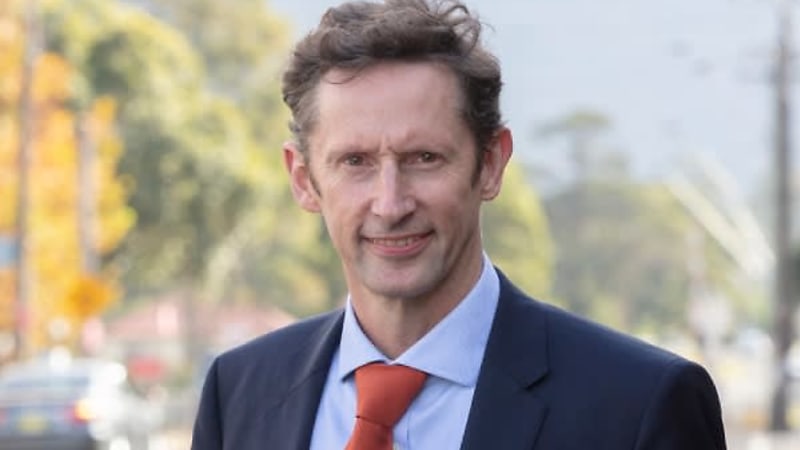Upcoming budget reignites debate on $5m super balance cap

Individuals with total super balances of more than $5 million should be required to withdraw the excess amount by 1 July 2024, says AIST.
Industry bodies and super funds have renewed their calls for the government to introduce a $5 million super balance cap and lower the Division 293 threshold as the federal budget in May draws closer.
The Australian Institute of Superannuation Trustees (AIST) and super fund Hesta have both urged the government to cap superannuation balances to $5 million in their pre-budget submissions.
The AIST proposed in its submission that individuals with a total superannuation balance of more than $5 million across both accumulation and pension stages should be required to withdraw the excess amount by 1 July 2024.
Hesta has alternatively proposed that where an individual’s investment earnings exceed this cap, they should be taxed at the top personal income tax rate.
The SMSF Association has previously expressed concerns about the idea of a cap on superannuation balances, stating that large balances are a legacy issue following the introduction of the transfer balance cap which limits the amount that can be held in the tax-free retirement phase.
The AIST stated in its submission that while the transfer balance cap was a welcome step by the government, the government needed to go further to improve the equity of tax concessions in the super system.
The submission referred to analysis previously undertaken for the AIST by Mercer which found that the value of earnings tax concessions enjoyed by a single $10 million SMSF in a year would allow for 3.1 full Age Pensions to be paid.
“Based on ATO statistics of the amount of assets held by all SMSFs with balances over $10 million, Mercer estimated that the earnings tax concessions arising from those high-balance members would allow for over 24,000 full Age Pensions to be paid at the end of a single tax year,” it stated.
Hesta explained in its submission that while the amount that can be transferred into retirement phase is now limited, investment earnings in large accumulation accounts are still taxed concessionally at 15 per cent.
“[This] means that individuals with high incomes are getting tax concessions of up to 30 per cent of the top marginal tax rate,” the submission stated.
The AIST acknowledged in the submission that the current limits on concessional and non-concessional contributions mean that super balances of more than $5 million will be fewer in the future.
“However, while unreasonably large balances are allowed to remain in the concessionally taxed environment of super, very wealthy people will continue to disproportionately benefit,” it stated.
“ATO statistics show that in 2019–20 there were 384 individuals under the age of 30 that have a balance of greater than $2 million, with an average balance of $5.3 million. With compounding interest these balances will likely be more than triple this value at age 60.”
Last year, Minister for Financial Services Stephen Jones said the government would be examining the issue of tax concessions in super but would wait until an objective for super was established first.
“We can’t put the cart before the horse. We will consult widely to inform a common agreed objective for superannuation,” said Mr Jones.
“With an objective that is settled, we can then talk sensibly about these taxation issues, including the taxation of high balance superannuation funds.”
Those who support the status quo, said Mr Jones, will need to demonstrate how concessional tax rates or taxational arrangements for high balance super funds meet the common objective for super that has been agreed on.
“Those who argue for a change will also need to show that that approach also meets the objective. The millions of fund members watching and participating in the conversation will know it’s framed around their interests, and their dignity in retirement and the common agreed objective,” he said.






